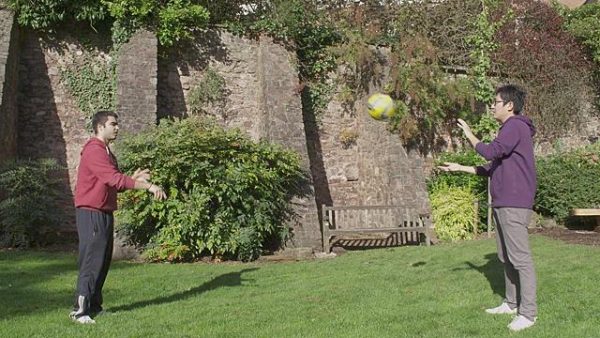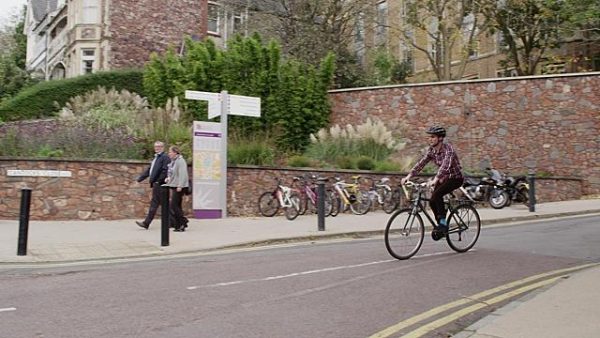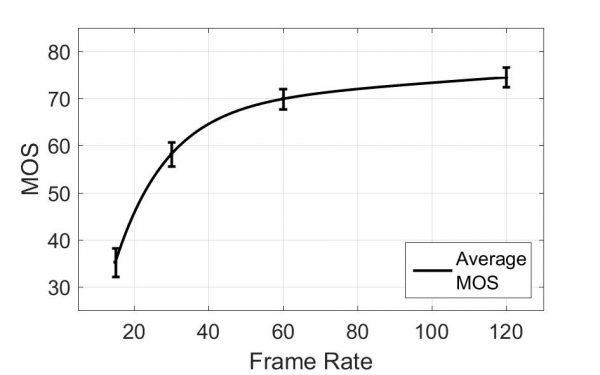As the demand for higher quality and more immersive video content increases, the need to extend the current video parameter space of spatial resolutions and display sizes, to include, among other things, a wider colour gamut, higher dynamic range and higher frame rates, becomes ever greater. The use of increased frame rate can provide a more realistic portrayal of a scene through a reduction in motion blur, while also minimizing temporal aliasing, and the associated visual artefacts.
The BVI-HFR video database is the first publicly available high frame rate video database, and contains 22 unique HD video sequences at frame rates up to 120 Hz. Sample frames from some of the video sequences can be seen below:






Subjective evaluations of 51 participants on the sequences in the BVI-HFR video database have shown a clear relationship between frame rate and perceived quality (MOS), although we do see the effect of diminishing returns. The results also showed that a degree of content dependency exists, for example benefits of higher frame rate material are more likely to be observed in video sequences with high motion speed (i.e. moving camera).

Publications
A STUDY OF SUBJECTIVE VIDEO QUALITY AT VARIOUS FRAME RATES, Mackin, A. and Zhang, F. and Bull, D., Image Processing (ICIP), 2015 22nd IEEE International Conference on, 2015.
